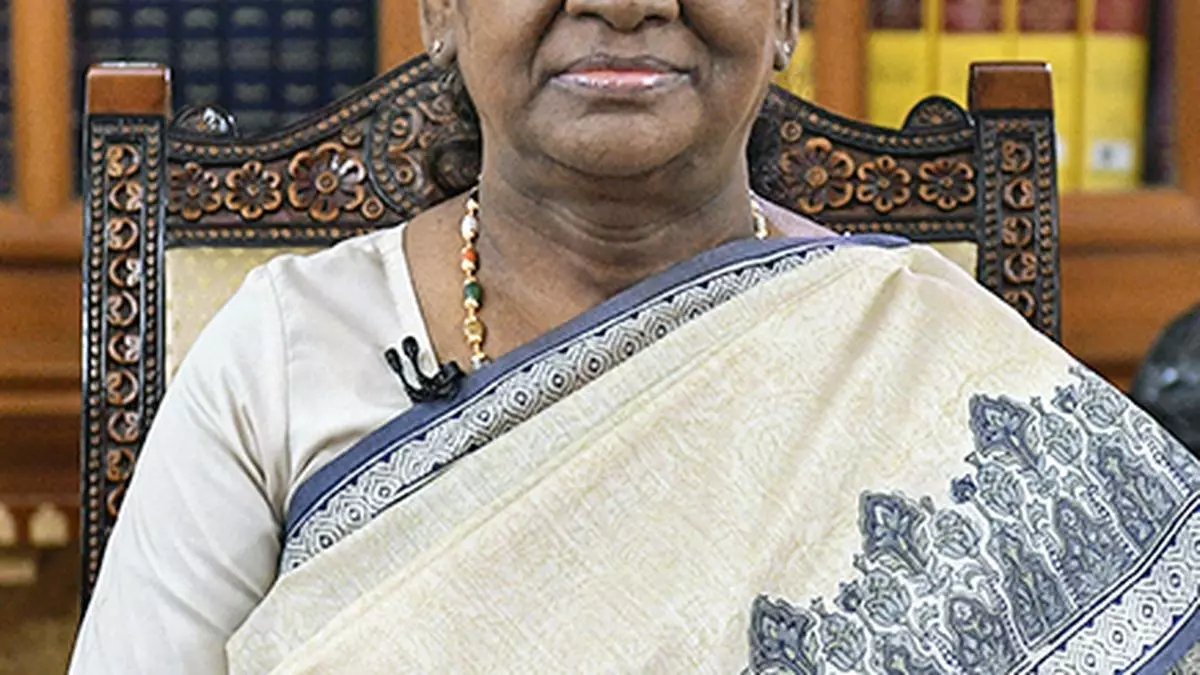While grape winemakers flourish in Maharastra, which accounts for 90 per cent of the alcohol produced in the country, fruit wine manufacturers and honey mead makers cry discrimination as they claim the revived value-added tax (VAT) scheme does not benefit them.
Industry players allege that while grape wineries are favoured in the State, companies like Hill Zill Wines, known for producing alcoholic beverages from various fruits, face challenges. The company also announced its decision to shut down operations in March 2024.
Policy Discrepancies
Priyanka Save, the co-founder of Hill Zill Wines, said, “After years of hard work, it is devastating to see businesses collapse due to policies that favour the grape wine industry in the State while ignoring the potential and contribution of fruit wines and honey meads. We have no choice but to cease operations and explore opportunities in states supporting innovation and diversity in wine production.”
Between 2009 and 2020, the grape wine industry, under the wine incentive grant scheme (WIPS), was given an exemption in excise duty and 80 per cent VAT. Under this scheme, grape wineries were not paying the government any excise duty.
VAT contributions
According to news reports, Jagdish Holkar, President of the All India Wine Producers Association stated that wineries contribute approximately ₹70-80 crore annually as VAT, with 80 per cent eligibility for a refund. Wineries are subject to a 20 per cent VAT, and under the WIPS, a 16 per cent rebate is provided. Earlier this year, the scheme was revived after it was temporarily halted due to Covid.
However, some industry players allege that only grape wineries benefited these privileges. In June 2017, the Maharastra government issued an order to legally classify wine made from other fruits and honey as wine. It imposed a nominal excise duty of ₹1 per litre in 2019 on wine made from other fruits, previously subject to a 100 per cent excise duty.
In 2021, the government imposed a uniform excise duty on all wines at ₹10 per bulk litre after the excise duty waiver period, leading to a 300 per cent growth by 2023. Consequently, new wine varieties like chickoo from Palghar district, honey from Pune district, mango from Raigad, jambul from Nashik, and strawberry wine from Mahabaleshwar, emerged and gained a substantial market share across the country.
However, the State government revised the rebate policy again in February 2024, granting retrospective VAT rebates only to grape winemakers, according to some industry players, who said this lack of equal opportunities is hindering their growth.
Policy setbacks
Another player, Moonshine Meadery, expressed concerns regarding these recent policy changes.
“The abrupt policy changes have stifled growth and innovation in the non-grape wine sector. The government’s decision to provide VAT rebates exclusively to grape wineries is unfair and undermines the entire spirit of a unified wine policy. This is a major setback for an industry that has the potential to create jobs, support agriculture, and contribute to the State’s economy,” Nitin Vishwas, Co-founder of Ronin Wines (Moonshine Meadery), said.
Alongside, Rajesh Jadhav, Secretary of the All India Wine Producers Association (AIWPA), has urged the Maharashtra government to reconsider its policies to support all wine industry segments and pave the way for an integrated wine policy in the country.



